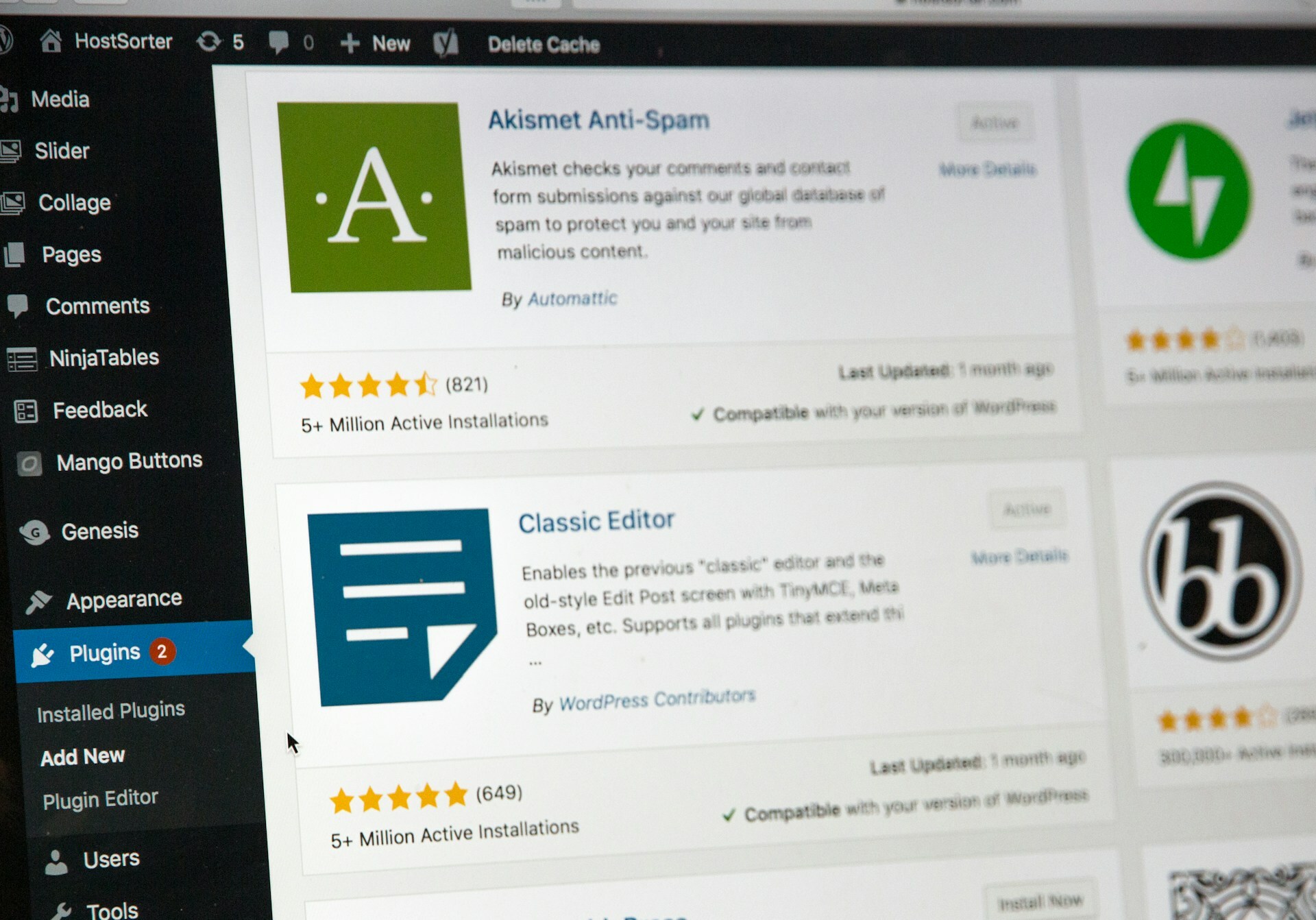What To Do If Your Website Has Been Hacked
With luck, you’ve never experienced a website hack, but many of us have. You look at your site in the morning and it’s scrambled, gone, or worse – it’s showing links to unsavory sites. In some ways, that’s the least unfortunate case, because at least you know immediately that something is wrong.
What Happens When You Have A Compromised Website
There are other indicators. Your password doesn’t work so you can’t log in. Your browser might alert you. Search engines might blacklist your site. That third one can be particularly damaging because everyone who visits your site sees a warning from an independent source that they know and trust – and it tells them that your site isn’t safe!
Sometimes, the attack is more subtle and it’s not until a visitor, or worse a potential customer, informs you that they were redirected to an unexpected site that you know there’s a problem.
Then you start to ask yourself, how many potential customers were put off who just didn’t bother to contact you? How much money did you lose? How much money is it going to cost to fix? And equally important, how can you prevent it from happening again?
Unless you’re an experienced webmaster, it’s unlikely you’ll turn to your hosting company to help you restore normality – and they should be more than capable of helping you. Of course, they have thousands of other customers too, so you may not necessarily be their top priority.
What Can You Do?
If you have some skills and an understanding of FTP, SQL databases, etc., you might be able to rebuild things yourself. You’ll need a recent copy of your site that was clean. In other words, the files that were uninfected by whatever caused the problem in the first place. If you don’t know precisely when the attack occurred, this can be very difficult to establish. It is important to keep an archive of backup files to make sure you can locate a clean version.
We’re aware that all of this time that you can spend recovering your business from malware, cross-site scripting and other attacks should be better spent growing your online business.
Website Security Solutions
That’s where the third option comes in – hiring a professional online security company. SiteLock will not only be able to rapidly identify the problem and rebuild your site, but also restore your reputation with the search engines and secure your data from further problems.
The process that SiteLock performs is called hardening and it includes examining your site for existing weaknesses (or back doors) and other potential vulnerabilities. We look at your site structure and implement measures to prevent similar incursions in the future.
SiteLock understands the damage being done every minute your site is not functioning properly, so we act quickly. You have to pay for the service, of course, but with SiteLock it is affordable. When you compare the price with the money you are losing while your website is offline, it’s more of an investment than a cost.
There’s an old saying in medical circles that prevention is better than a cure. That’s equally true for your online business. It’s worth thinking about – because hackers never rest!
To learn about how SiteLock can protect your business, visit www.sitelock.com or call 877-257-9263.





